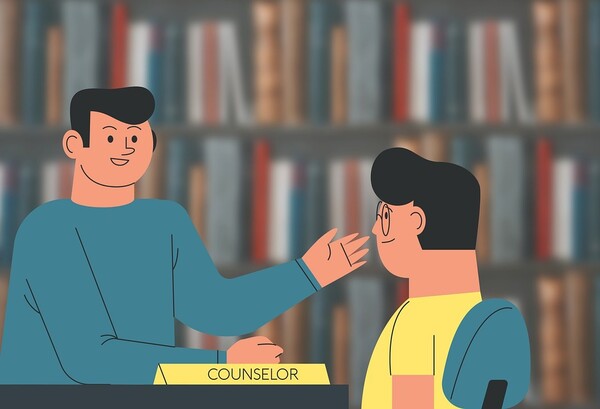How to Choose the Right Education Counselor for Your Child
Education counseling often proves to be imperative in shaping a child’s personality and future. But how do you know if your child has the right help? Most countries mandate the presence of counselors to address students of different grades. However, a significant percentage of them are yet to realize the role of counseling in schools.
If your child doesn’t have access to the right education counseling at school, a private counselor can fill the void.
Why Is Education Counseling Important?
Education in schools has evolved to the point where it isn’t only about the curriculum. A significant aspect of educational school systems across the globe is counseling, done by qualified counselors. And you’d be wrong to think that this is just to help them choose a career.
The fundamental purpose of counseling is to make children more effective at learning in school. It also guides them on the right career path, but that’s not all. Counselors in schools also help address special needs like emotions, social skills, and personality development.
Children of the 21st century enjoy technology and convenient access to the Internet from a young age. And soon, it leads to something known as “internet overdose,” which is worse than it sounds.
An NIH study shows that increased use of the internet can induce problems related to diet, sleep, physical activity, and more in children. For adolescents, serious complications such as depression, anxiety, cyberbullying, and other psychological issues show up.
Even with restrictions on internet use, there may be a communication gap between parents and children. These and other factors can result in children not getting the right attention. This is the time for a professional counselor to step in.
Qualities To Look For In An Education Counselor
Counseling students is not the same as providing psychotherapy. An efficient counselor must possess the following qualities:
Qualified in Academics
It’s not just experience that makes a counselor suitable for your child, but also their educational qualifications. Thankfully, those employed in your child’s school would have completed bachelor’s and master’s in school counseling. There are more qualified individuals who may have completed Ph.D. on the subject.
If you are hiring someone that practices independently, however, it is best to check their background first. It won’t matter if they graduated with sociology or psychology before practicing, as long as they have valid training and license.
Communicative and Empathetic
There are plenty of qualities that one expects from counselors in schools or outside it. However, being highly communicative and empathetic towards children already places them in a better position.
Counseling mostly revolves around communication. And empathy aids the individual in understanding a child’s situation and communicating better.
Patient and Organized
Dealing with children requires patience. That’s a given. And someone you entrust with building your child’s counseling must be exceptionally patient, especially when discussing sensitive topics. If you find a counselor dealing with your child patiently and calmly without looking at the clock, they may be a right fit.
And when you go and meet them (unless you’ve hired an online counselor), note how tidy they are. The more organized the person, the better it is.
Skilled At Assessment
Things are happening at school or elsewhere that your child may not be able to talk to you about, which is the very reason why counseling students is necessary. If the counselor you’re considering can understand the situation and connect the dots even when the child is not being expressive, it is a green flag.
Friendly Yet Authoritative

For a child to open up to a counselor, he/she has to be friendly so that the child is comfortable communicating. Although, there will be times when the counselor must exercise authority and follow through with their actions.
While this may not be noticeable on first impressions, you’ll soon realize if the counselor handles both sides effortlessly enough. And based on this, you’ll know whether you’ve trusted the right person.
Collaborative With Other Authorities
Counselors in schools and independent practitioners must exercise a certain degree of authority. But their advice should be collaborative with the other educators in the child’s life.
This would mean that their efforts are streamlined, thus ensuring further effective results.
Education Counselors Can Play a Crucial Role in Shaping Children
However, they cannot substitute parental guidance. Children spend significant time with their parents, and it is their behavior and actions that influence them the most.
It is the parent’s responsibility to behave right with their children, all the while teaching them discipline. Only through effective guidance, both at home and school, can one hope for a desirable future for their child.




